Humans
Sign up for our newsletter
We summarize the week's scientific breakthroughs every Thursday.
-
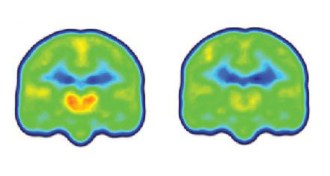 Neuroscience
NeuroscienceProtectors of our nervous system play a role in pain
PET and MRI brain scans show that the cells that protect our central nervous system also play a role in chronic pain.
-
 Health & Medicine
Health & MedicineAsthma may add to sleep apnea risk
A long-term sleep study strengthens the link between the two breathing disorders asthma and sleep apnea.
By Nathan Seppa -
 Health & Medicine
Health & MedicineMore oxygen may lead to more tumors
Lung cancer risk drops at higher elevations where the air is thinner.
-
 Humans
HumansBabbling to babies is OK, despite previous warnings against it
Fifty years ago, a researcher advised banning baby talk, but results since then say otherwise.
-
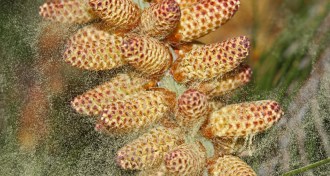 Health & Medicine
Health & MedicineAllergy-related Google searches follow pollen season ups and downs
Google search queries could help researchers track pollen seasons in areas without pollen-monitoring stations.
-
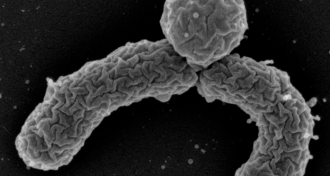 Health & Medicine
Health & MedicineNew antibiotic candidate shows promise
Tests in lab dishes and mice suggest an experimental compound called teixobactin can kill staph, TB microbes and other bacteria.
By Nathan Seppa -
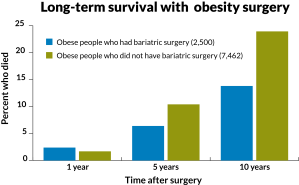 Health & Medicine
Health & MedicineWeight-loss surgery linked to better survival
Obese middle-aged and older people fare better if they have had bariatric surgery, a long-term study of veterans finds.
By Nathan Seppa -
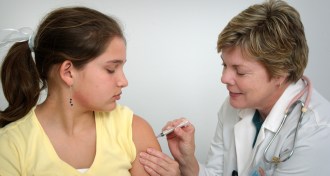 Health & Medicine
Health & MedicineHPV vaccination not linked to multiple sclerosis
Getting vaccinated against human papillomavirus, or HPV, is not associated with developing multiple sclerosis or similar diseases, a new study shows.
-
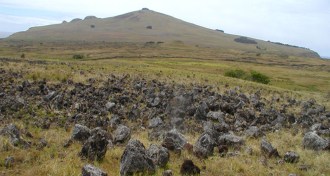 Archaeology
ArchaeologyStones challenge dating of Easter Island collapse
Despite losing ground in some areas, Polynesian farmers outlasted European contact.
By Bruce Bower -
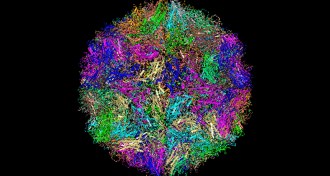 Life
LifeCold coddles colds
Antiviral responses aren’t as effective against common cold viruses in cooler temperatures.
-
 Health & Medicine
Health & Medicine‘AIDS’ gives inside view of science, politics of epidemic
In ‘AIDS Between Science and Politics,’ pioneering HIV expert Peter Piot discusses the factors and events that shaped the epidemic.
By Beth Mole -
 Psychology
Psychology‘Survival of the Nicest’ demonstrates altruism all around
Selfishness is not the rule in human society, new book argues.
By Nathan Seppa